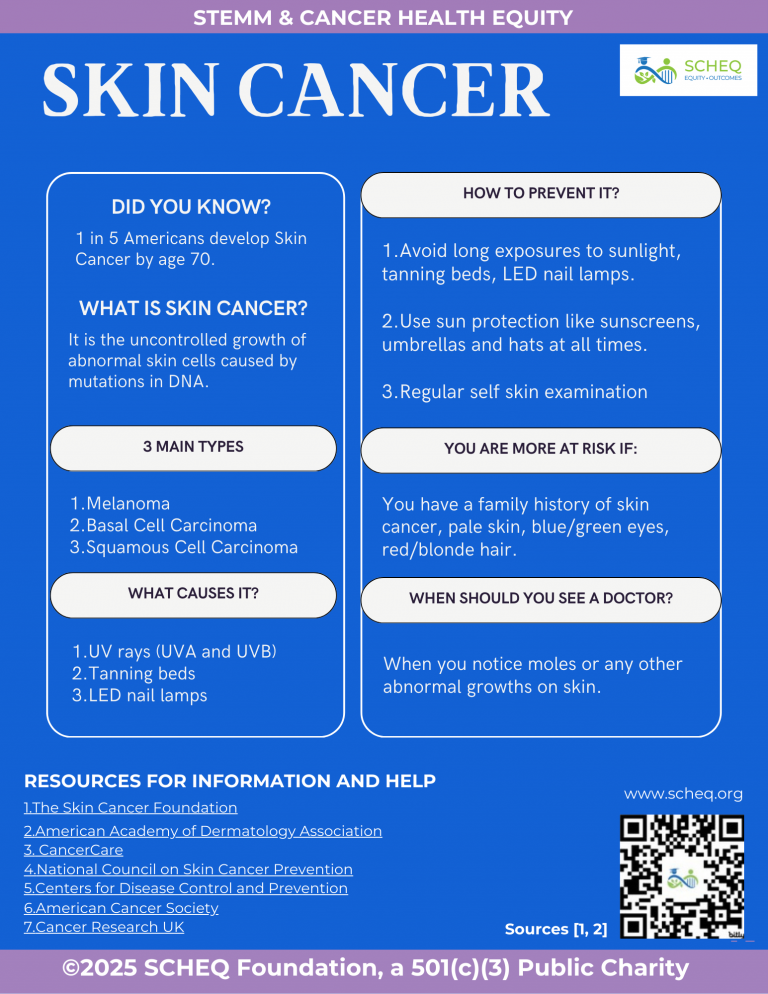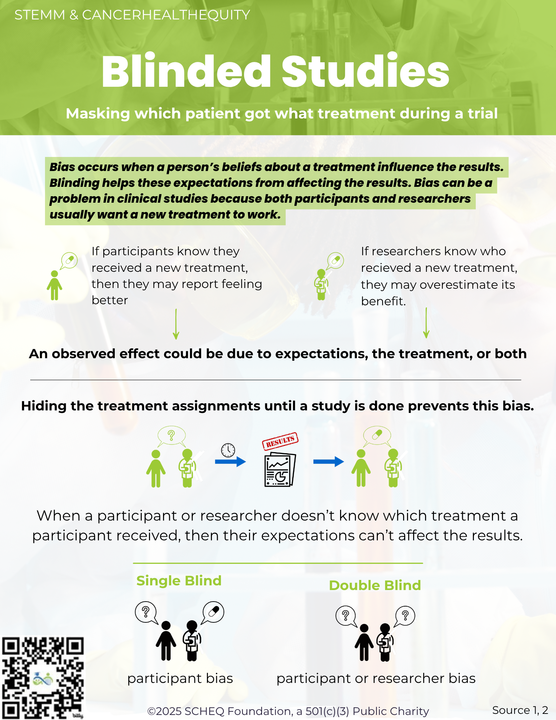Dr. Charles Henry Turner was an African-American zoologist, civil rights activist, and educator whose work provided insight into certain behaviors of vertebrates in the19th century. Growing up in the post-Civil War era he was able to receive a great grade school education with steady support from his parents and graduated with honors. He received both his B.S (1891) and M.S (1892) in Biology from the University of Cincinnati (UC), becoming the first African American to obtain a graduate degree at Cincinnati. During this time he is thought to be the first African-American to publish in the prestigious journal Science. He obtained his PhD (1907) in Zoology from the University of Chicago (UofC), becoming one of the earliest African Americans awarded a PhD in the biological sciences, the first African American to obtain a PhD at the University of Chicago. He was also the third African American awarded a PhD at the University of Chicago. His thesis focused on the homing behavior of ants and the term “Turner Circling” was coined. Unfortunately, he was unable to secure a job at a major US institution after graduation and went on to work at several high schools and colleges before settling at Sumner High School in St. Louis, Missouri.
Despite not settling at a university, he continued to produce more publications than his peers. His work focused on vertebrates, invertebrates, and other organisms not typically studied at the time, allowing him the opportunity to make great strides. He published more than 70 papers. Some of his most notable work included establishing that insects can learn and recognize patterns and that honey bees can create memories using images they have captured of their environment. Along with being a major contributor to the fields of Zoology and Psychology, he was active in the St. Louis community and served as a director of the Colored Branch for YMCA and published papers focused on racial relations and the civil rights movement. He would retire in 1922 and would later pass in 1923 at age 55.
References:
- https://psychology.okstate.edu/museum/turner/turnerbio.html
- https://www.blackpast.org/african-american-history/people-african-american-history/charles-henry-turner-1867-1923/
- https://www.artsci.uc.edu/news/profile-Turner-bhm.html
- Abramson CI. 2017. Charles Henry Turner remembered. Nature. 542: 31. https://www.nature.com/articles/542031d
- https://www.lib.uchicago.edu/collex/exhibits/integrating-life-mind/who-were-first-african-americans-university-chicago-old-question/



